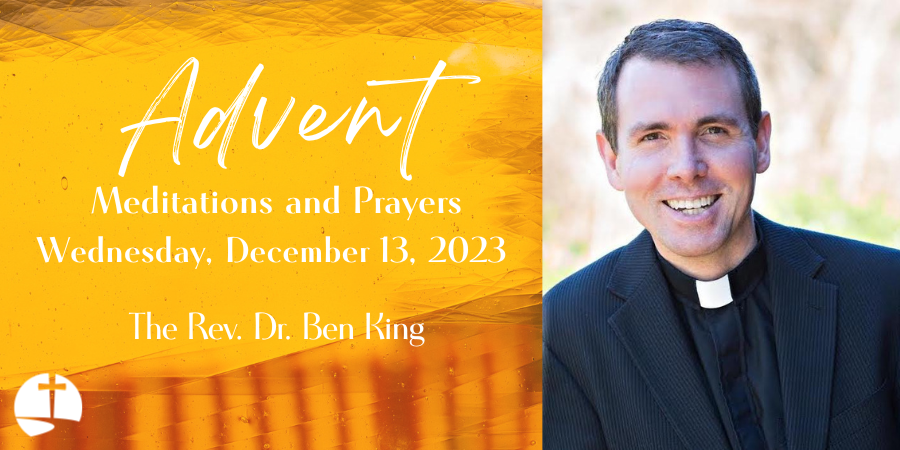Psalm 38 • 119:25-48
Amos 8:1-14 ❖ Rev. 1:17-2:7 ❖ Matt. 23:1-12
The book of Revelation is a vision of a great reversal, in which the current world order is overturned, and God’s order is revealed. It is this reversal that Christians wait upon, and at Advent we pray for its arrival.
But we take great risks whenever we think that Revelation is a book containing predictions that we can identify with events today. There is a code in Revelation, but it was a code written for those who lived two thousand years ago to understand.
We get a sense that code is not for us when we realize that there are questions to which we cannot find answers. For example, in today’s reading, the speaker, Christ, tells the seer, John, to write to the church in Ephesus: “this is to your credit: you hate the works of the Nicolaitans, which I also hate.”The Church throughout the ages has attempted to say who were “the Nicolaitans:” from the medieval interpretation that they were bad clergy who were married, to scholars today who post that it might be code for the name Balaam in the Hebrew Bible. But we don’t know because the code is not for or about us.
Better, then, to try to interpret words that we can wrap our minds and our hearts around. Words like these Christ also addresses to the Ephesians: “I have this against you, that you have abandoned the love you had at first.”
What love have we abandoned? How have we stopped loving God? How have we stopped loving one another? How have we abandoned our love for God’s kingdom? And how can we recommit to working towards it? Advent is a time to reflect on and repent of the past, not to predict the future.
El libro del Apocalipsis es una visión de un gran cambio, en el que el orden mundial actual se trastorna y el orden de Dios se revela. Es esta reversión la que esperan los cristianos, y en Adviento oramos por su llegada.
Pero corremos grandes riesgos cuando pensamos que el Apocalipsis es un libro que contiene predicciones que podemos identificar con los acontecimientos de hoy. Hay un código en el Apocalipsis, pero fue un código escrito para que lo entendieran aquellos que vivieron hace dos mil años.
Tenemos la sensación de que el código no es para nosotros cuando nos damos cuenta de que hay preguntas para las que no podemos encontrar respuestas. Por ejemplo, en la lectura de hoy, el orador, Cristo, le dice al vidente, Juan, que escriba a la iglesia en Éfeso: “Esto es para vuestro crédito: odiáis las obras de los nicolaítas, que yo también aborrezco”. La Iglesia a lo largo de los tiempos ha intentado decir quiénes eran “los nicolaítas”: desde la interpretación medieval de que eran malos clérigos casados, hasta los eruditos actuales que publican que podría ser un código para el nombre Balaam en la Biblia hebrea. Pero no lo sabemos porque el código no es para nosotros ni sobre nosotros.
Mejor, entonces, tratar de interpretar palabras que podamos comprender en nuestra mente y nuestro corazón. Palabras como éstas dirige Cristo también a los efesios: “Tengo contra vosotros que habéis abandonado el amor que teníais al principio”.¿Qué amor hemos abandonado? ¿Cómo hemos dejado de amar a Dios? ¿Cómo hemos dejado de amarnos unos a otros? ¿Cómo hemos abandonado nuestro amor por el reino de Dios? ¿Y cómo podemos volver a comprometernos a trabajar para lograrlo? El Adviento es un tiempo para reflexionar y arrepentirse del pasado, no para predecir el futuro.
Listen to Ben read their Advent meditation and prayer in English:
Escuche a Ben leer su meditación y oración de Adviento en inglés:



